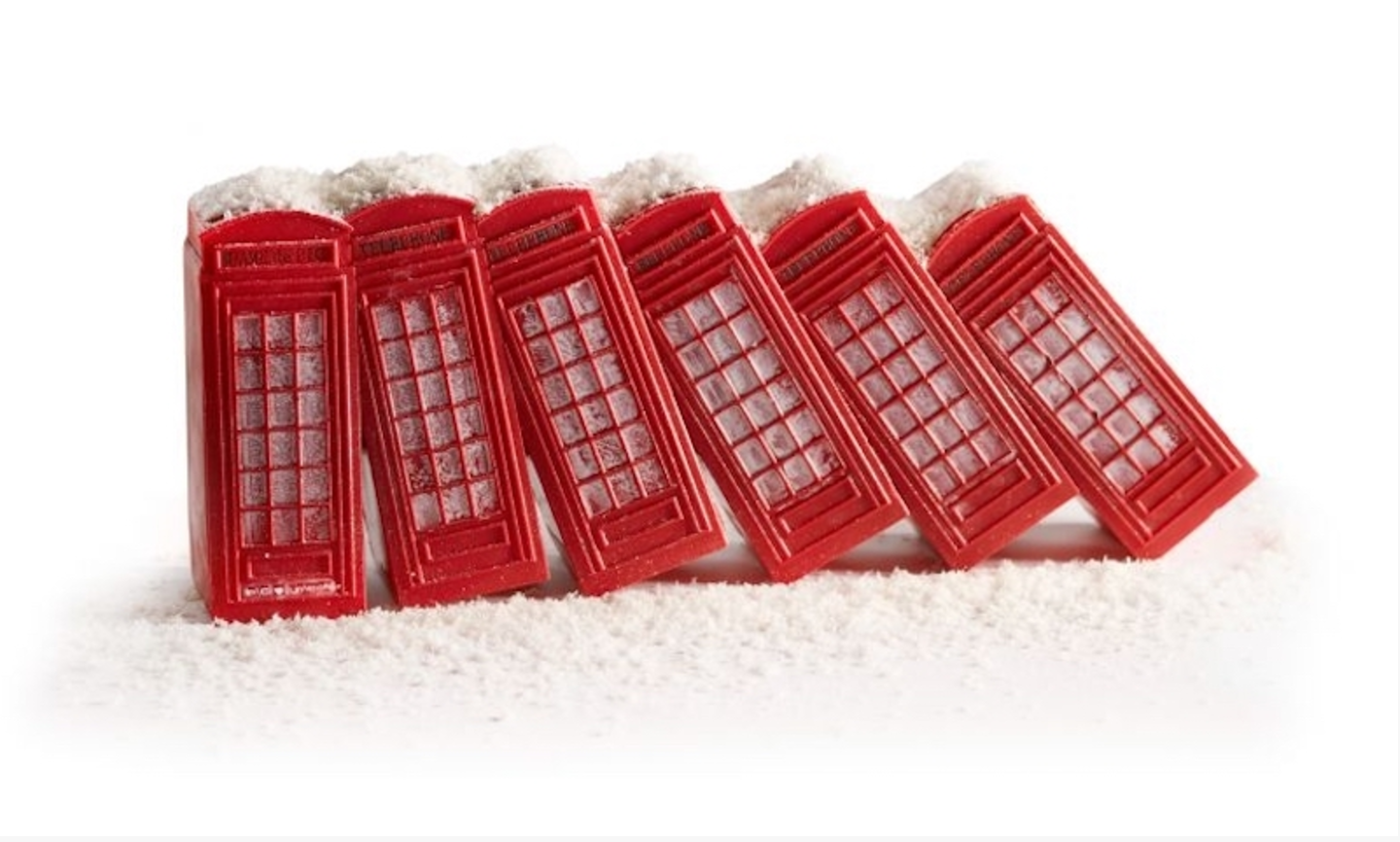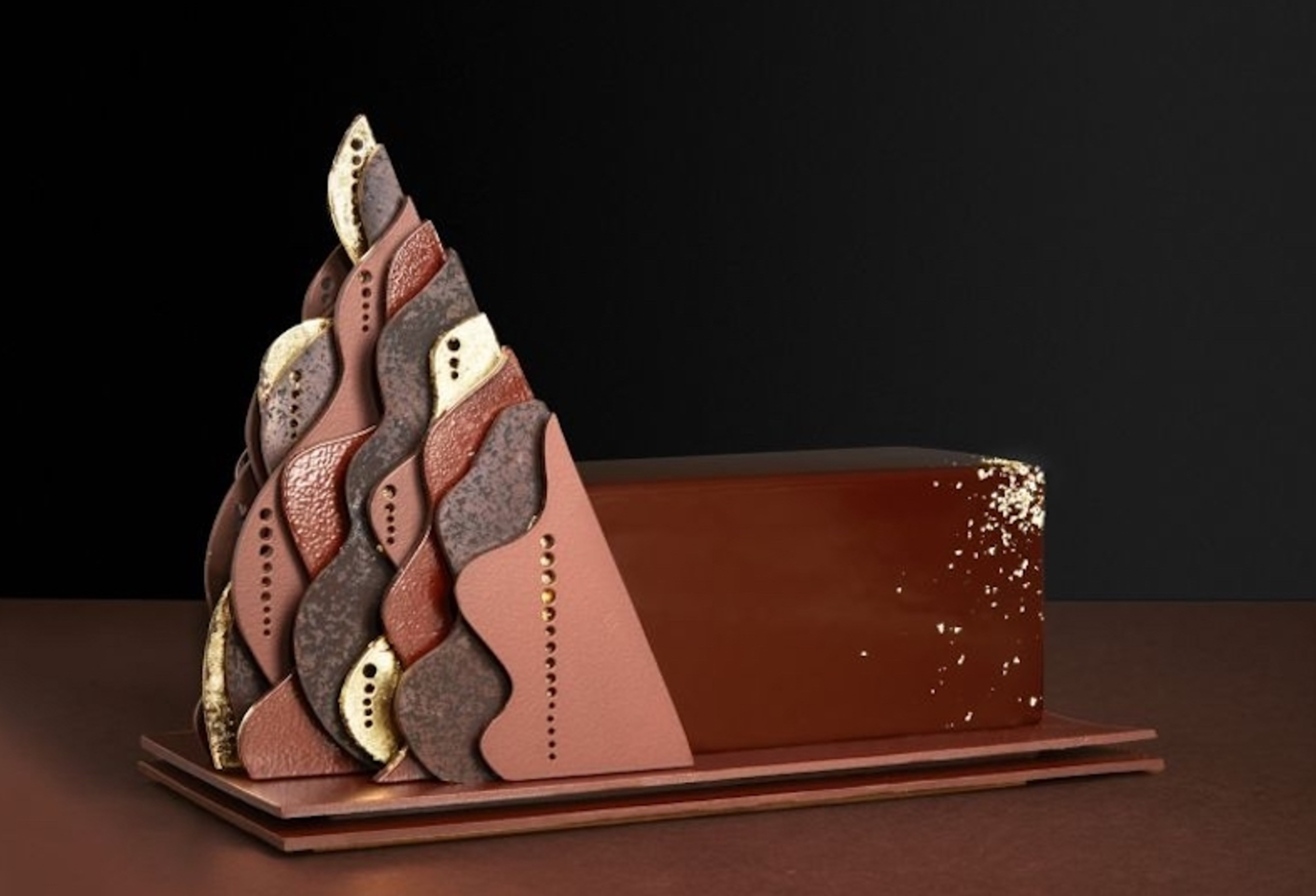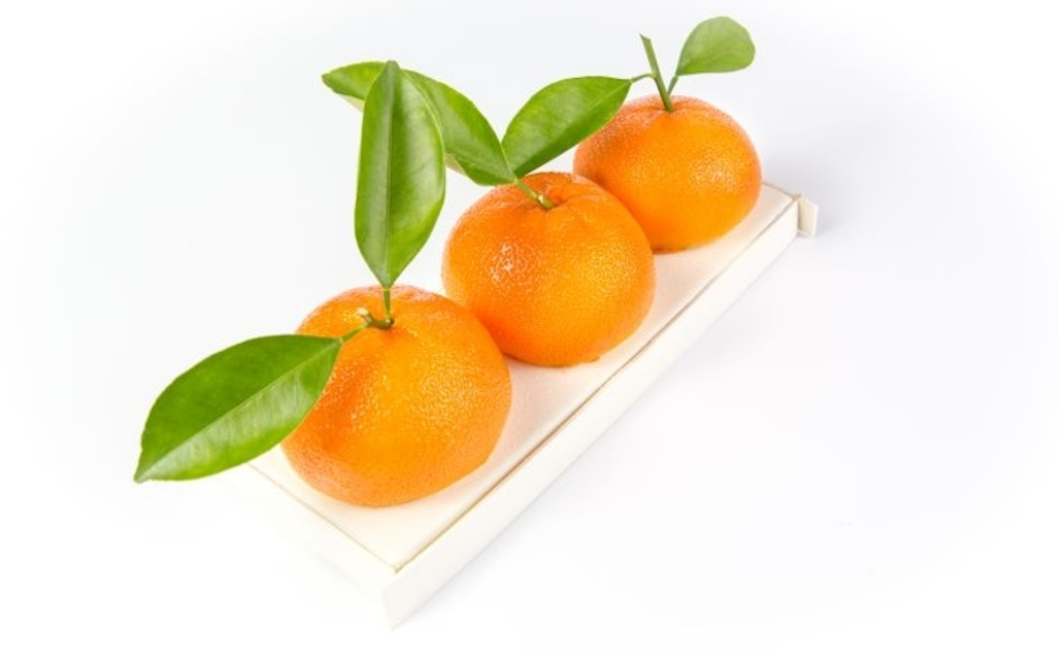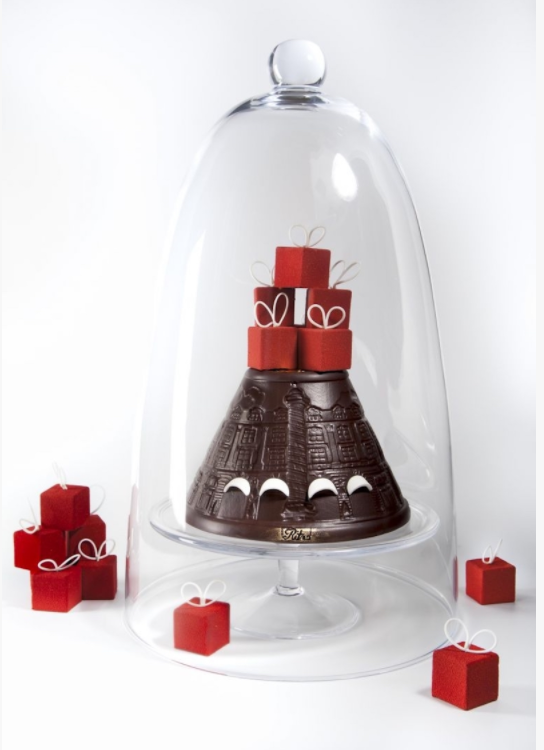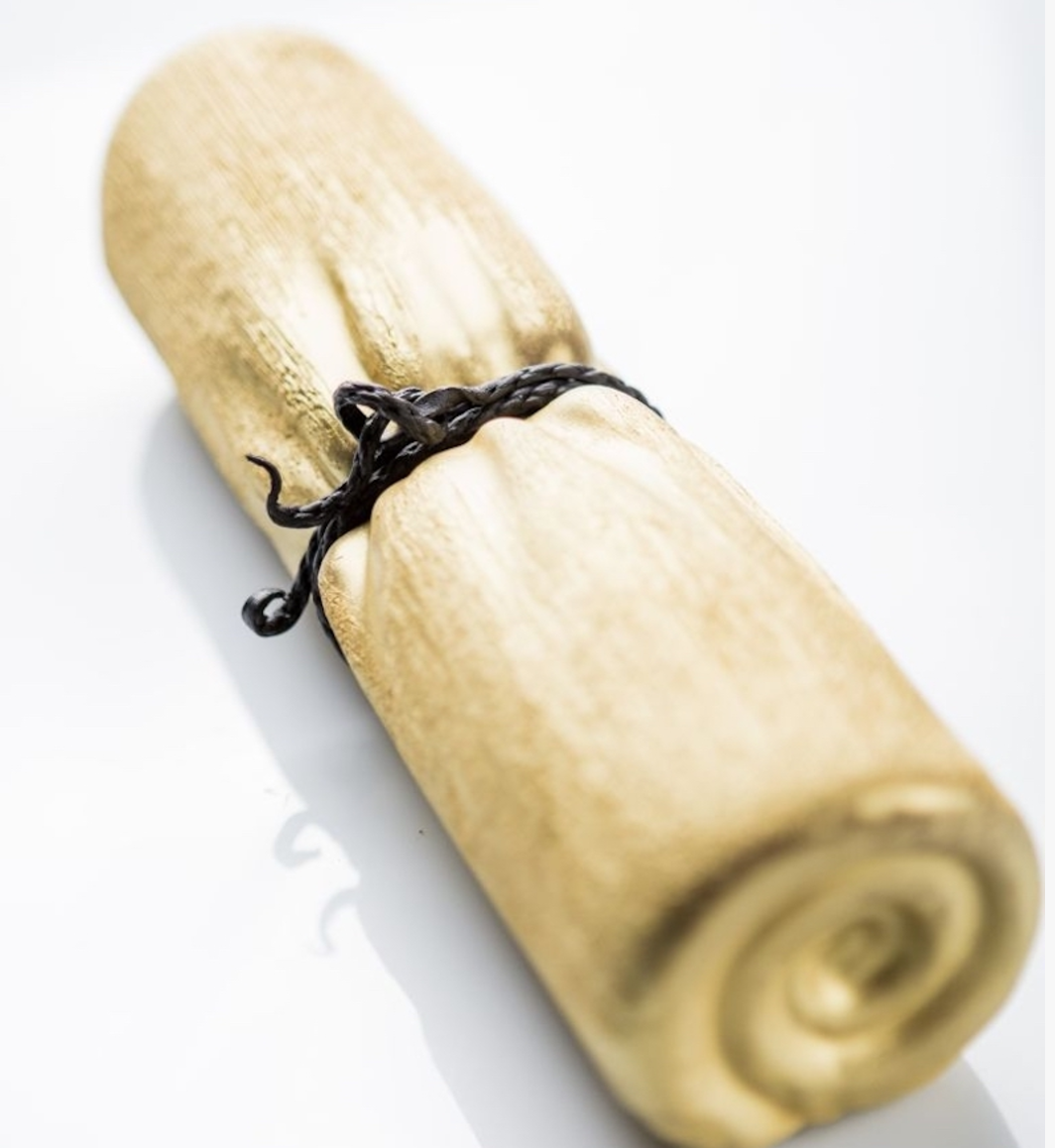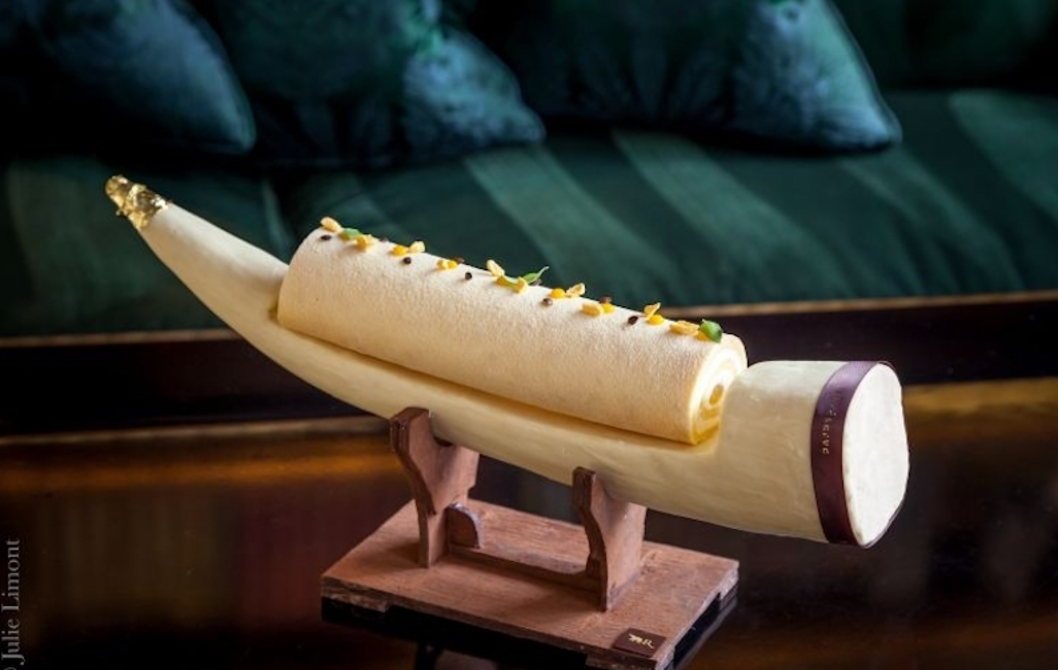our favorite finds from the front lines of food
To the ovens! OK its not just a holiday battle cry, but the result of a recently published study that proves that cooking or baking can help you feel better. We knew that of course, but these days when a lot of people are feeling down from post-election to holiday stresses, we could all turn to our kitchens to conjure up a bit a hearty helping of homemade 'feel-good'. (Smithsonian Magazine & Munchies)
Not that you should....but you could....eat it that is JetBlue just came out with an edible ad campaign just in time for holiday travel. Yes indeed, don't let winter travel delays worry you. Just eat the paper made out of potato starch, water, vegetable oil and glycerin. (adWeek)
Have we got a stocking stuffer idea for all the Canadians out there! Yes, it's here! Poutine flavored lip balm! Well, if KFC can come out with fried chicken scented sunscreen, we really have nothing to say about this lip balm. Just please Canada, don't make poutine your new favorite pumpkin spice replacement for the holidays. (Munchies)
And finally some good news for bees. General Mills just announced a $4 million dollar commitment that should help plant over 100,000 acres of pollinator habitat through 2021. This is a deal, bringing together GM along with the non-profit Xerces Society and the USDA's Natural Resource Conservation Service, will help farmers plant and protect pollinator habitat including native wildflower field edges and flowering hedgerows. Since bees are responsible for an annual $25 billion in agricultural production, it's nice to see companies that understand that good environmental practices make good financial sense. (Food Business News)


